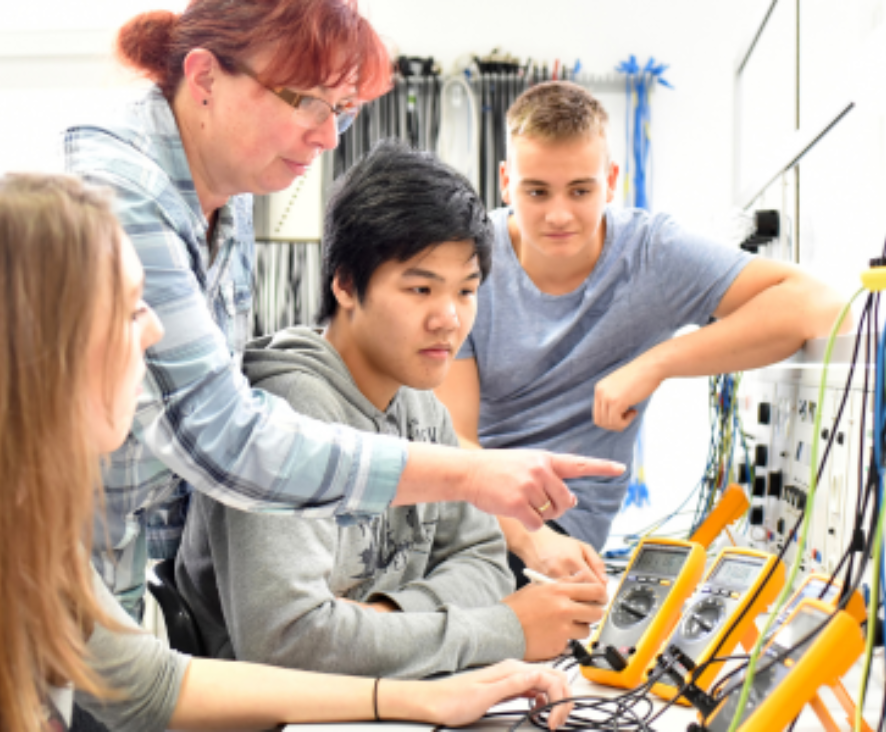Vocational Training in Germany
Vocational Training in Germany
Post-Training Job Search Period: After completing vocational training in Germany, you are granted up to one year to search for employment in your field. You can apply for a job-seeking residence permit, allowing you to stay and work in any job to support yourself. This period offers a chance to gain work experience in Germany and improve your job prospects. You can continue applying for positions in your trained field and transition to a work-related permit once you secure a relevant job.
Transitioning to a Work Permit: Once you find a job related to your vocational training, you can switch from a job-seeking residence permit to a work permit, allowing long-term residence and employment in Germany. The transition is simple if the job matches your qualifications, proving your training prepared you for the German labor market. Germany’s vocational training system is highly regarded, offering numerous career opportunities. For non-EU nationals, this pathway not only helps build a career but also provides potential for long-term residency in Germany.





